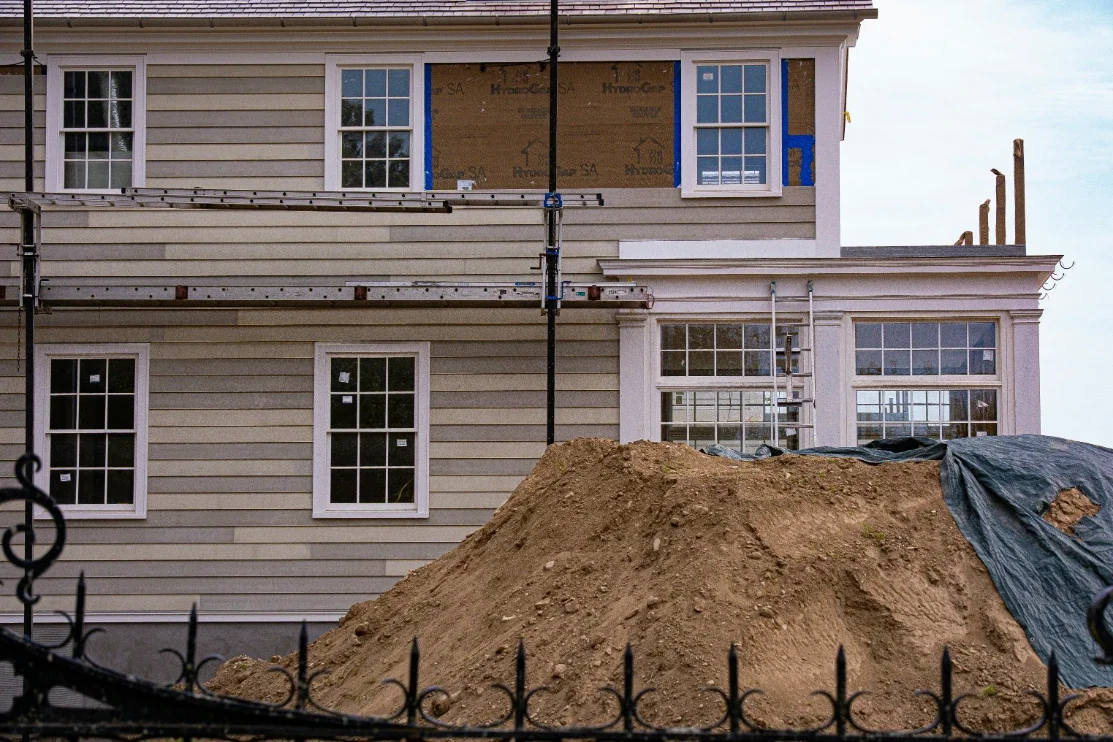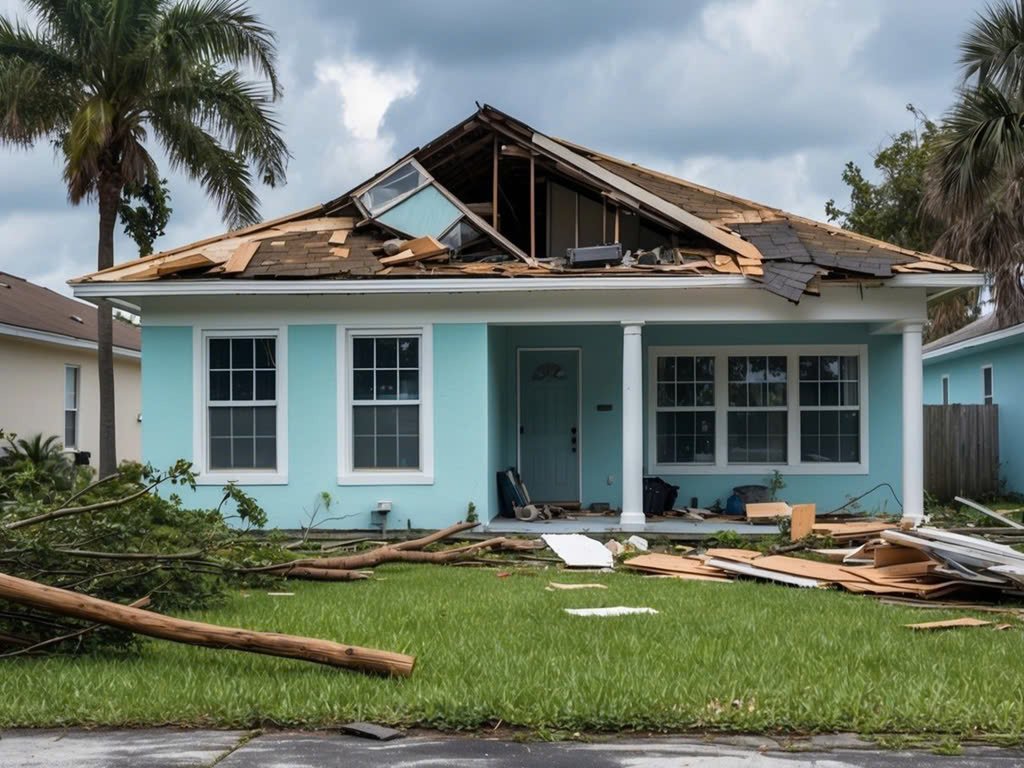How to Find Out if Someone Owns Property: A Complete Guide
Need to know how to find out if someone owns property? Our guide covers free public record searches and online tools to help you find the information you need.
Whether for due diligence, legal matters, or simple curiosity, knowing how to find out if someone owns property is a valuable skill. Property records are public information, but navigating the various databases to find what you need can be confusing.
This guide provides a clear, step-by-step process for finding property ownership information legally and ethically. We’ll cover free methods using public records and explain when a professional service might be a more effective option, giving you the tools to find the information you need.
Why You Might Need to Find Property Records
Understanding who owns property can help in a variety of situations. For legal and financial purposes, it’s important to know the owner before purchasing, leasing, or disputing land or structures. Property ownership information also protects your interests in real estate transactions or neighborhood disputes.
On a personal level, confirming ownership can clarify responsibilities for maintenance, taxes, or shared spaces. While these searches are useful, it’s essential to use the information ethically and avoid prying into someone’s private matters unnecessarily.
How to Find Out if Someone Owns Property Using Public Records
For those willing to do some digging, property information can often be found for free through government websites. Here’s where to start:
County Assessor's Office
This is usually the best starting point. Most counties have an online portal where you can search by name or address to find details on property taxes, assessed value, and the current owner.
County Recorder or Clerk of Courts
This office handles official documents like deeds, mortgages, and liens. A search here can confirm the legal owner and reveal any claims against the property.
County Tax Collector or Treasurer
These offices maintain records of property tax payments. They can verify who is responsible for paying taxes on a property and sometimes include mailing addresses for the owner.
Planning or Zoning Department
While these offices focus on land use and development, they often maintain property maps and parcel data that indicate ownership or land boundaries.
State or Municipal Land Records Portals
Some states and cities maintain central online databases that aggregate property information across counties, making it easier to search multiple properties or verify ownership history without visiting each local office.
While these sources are highly reliable, older documents may require in-person visits. Nonetheless, public records provide the foundation for verifying property ownership, though combining them with online tools can save time and provide a broader picture.
How to Find Out if Someone Owns Property Using Online Services
Searching county by county can be time-consuming, especially if you don’t know the exact location of the property. This is where online search services become incredibly useful, as they aggregate public records from numerous sources into a single, easy-to-use platform.
Services like Unmask allow you to search using a person’s name, email, or phone number, providing a clear view of linked property records across different locations. These tools can save time, uncover hidden connections, and help confirm ownership more efficiently than manual searches alone.
Please note that when using online tools, always choose reputable platforms and be aware of subscription fees. Avoid services that promise private or hidden data illegally. Ideally, public records and ethical aggregation tools are sufficient for most property research.
What Information Can You Expect to Find?
When searching for property ownership, the type of information available will vary depending on the source and jurisdiction. Public records and online tools typically provide:
Owner Details: The name of the current owner, and sometimes previous owners.
Property Address and Parcel Number: Official identification of the property for legal and tax purposes.
Deed and Title Information: Legal documents outlining ownership history, transfers, and liens.
Assessed Value and Tax Information: Property tax records, including payment status and assessed property value.
Mortgage or Lien Records: Information on outstanding mortgages, loans, or legal claims tied to the property.
That said, keep in mind that some properties may be held under trusts, companies, or multiple co-owners, so the listed owner may not always reflect the occupant or person controlling the property.
Additional Tips on How to Find Out if Someone Owns Property
Knowing how to find out if someone owns property becomes easier with a few practical strategies. Beyond public records and online tools, consider these tips:
Check name variations, including middle names or initials.
Cross-reference multiple sources and online databases.
Respect privacy and avoid using information for harassment.
Seek professional help from title companies or real estate attorneys if needed.
Keep records of parcel numbers, deed dates, and other key details.
Combining these strategies with reliable resources helps you confirm ownership accurately while staying ethical and informed.














![7 Charming Waterfront Towns Perfect for a Coastal Escape [2025 Edition]](https://images.squarespace-cdn.com/content/v1/63dde481bbabc6724d988548/61c7904e-773d-480c-b6e5-a083cab18445/pexels-axp-photography-500641970-30417132.jpg)








